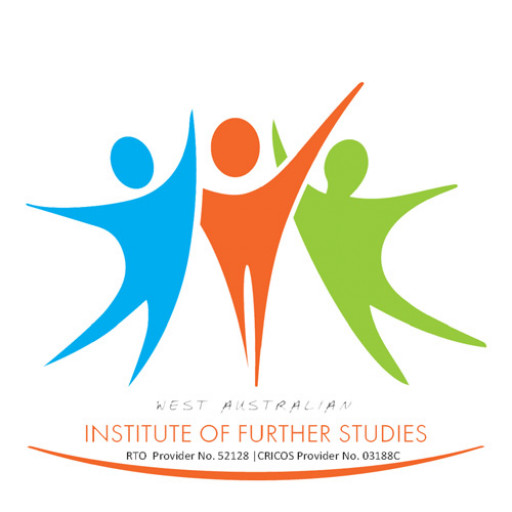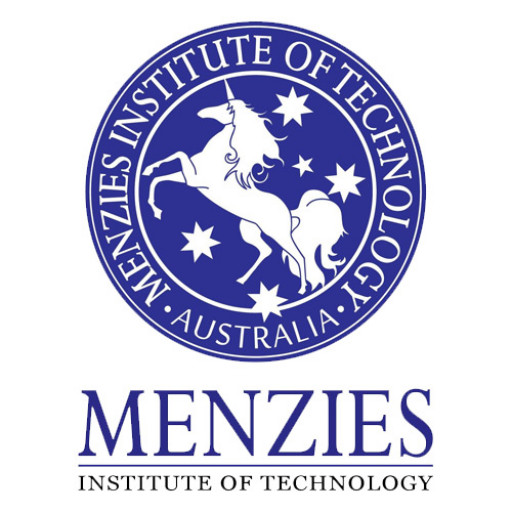Photos of university / #rmituniversity
Dental Technology at RMIT University prepares students to become skilled professionals in the design, fabrication, and repair of dental prostheses and appliances. This comprehensive program combines theoretical knowledge with practical skills to enable graduates to work effectively in dental laboratories and clinics. Throughout the course, students learn about dental anatomy, materials science, digital technologies, and the latest fabrication techniques used in modern dentistry. Emphasis is placed on precision, attention to detail, and understanding patient needs to produce customized dental solutions such as crowns, bridges, dentures, and orthodontic devices. The program includes hands-on training using state-of-the-art equipment, allowing students to develop technical competence in casting, soldering, milling, and digital printing. Additionally, students gain important insights into the management of dental laboratories, quality assurance procedures, and ethical considerations vital to the profession. The curriculum is designed in collaboration with industry partners to ensure relevance and to prepare students for successful careers in a growing field. Graduates of the Dental Technology program are equipped to work in both private and public dental practices, laboratories, and health organizations, contributing to improved patient outcomes through innovative dental prosthetic solutions. The program also offers pathways for further study and professional development, making it an excellent foundation for a sustainable career in dental technology.
The Bachelor of Dental Technology at RMIT University is a comprehensive undergraduate program designed to equip students with the essential skills and knowledge necessary for a successful career in the field of dental technology. The program focuses on the design, creation, and repair of dental prostheses, including crowns, bridges, dentures, and orthodontic appliances. Throughout the course, students engage in a blend of theoretical learning and practical training, ensuring they gain hands-on experience in dental laboratories and clinical settings.
The curriculum covers fundamental subjects such as anatomy, physiology, materials science, and dental biomechanics, providing a solid foundation for understanding the complexities of oral health and dental prosthetics. Students also learn about dental materials, impression techniques, and computer-aided design and manufacturing (CAD/CAM) technologies, which are increasingly vital in modern dental practice. Emphasis is placed on developing precision craftsmanship, attention to detail, and understanding patient needs to create custom dental solutions.
In addition to technical skills, the program fosters professional development, including communication, teamwork, ethical practice, and adherence to safety standards. Opportunities for industry placements and collaborations with dental practitioners are integrated into the program to allow students to apply their learning in real-world contexts and build professional networks. The Bachelor of Dental Technology program at RMIT prepares graduates for employment opportunities in dental laboratories, clinics, or for further academic pursuits in advanced dental studies.
Graduates of this program will have the competence to contribute effectively to the oral healthcare industry by producing high-quality dental devices that improve patient outcomes. The program reflects current industry standards and innovations, ensuring graduates are well-prepared to meet the evolving demands of dental technology.
Program requirements for the Bachelor of Dental Technology at RMIT University include a combination of prerequisite knowledge, academic performance standards, and specific skill sets. Applicants are typically required to have completed Year 12 or an equivalent qualification with strong results in physics, chemistry, and mathematics or biology. International students must demonstrate proficiency in English, usually through IELTS, TOEFL, or equivalent tests, achieving the minimum score stipulated by RMIT.
To be eligible, applicants generally need to submit a completed application form along with official academic transcripts, proof of English proficiency, and possibly a personal statement outlining interest and commitment to the field of dental technology. Some applicants might be required to attend an interview or provide evidence of relevant work experience or practical skills, especially those with alternative qualifications or from different educational backgrounds.
The program itself emphasizes a comprehensive curriculum that covers core areas such as dental anatomy, dental materials, prosthetics, radiography, and laboratory techniques. Admission may also depend on meeting minimum prerequisites for these courses. Candidates demonstrating prior experience in dental laboratories or related healthcare fields may have an advantage during the selection process.
Once admitted, students must fulfill all coursework and practical training components, which often include supervised laboratory work, clinical placements, and industry projects. Maintenance of academic standing requires passing all subjects with satisfactory grades, and progression through the program may involve demonstrating competency in technical skills and theoretical knowledge. RMIT also values and may assess participation in industry internships or work-integrated learning experiences, which are integral to developing practical competencies needed for professional practice.
Furthermore, students must adhere to RMIT’s code of conduct, health and safety regulations, and professional standards as outlined by relevant dental accrediting bodies. Upon graduation, students are expected to meet the licensing and registration requirements for practicing as dental technologists in their relevant jurisdictions, which may include additional certification or examinations depending on local regulations.
The Bachelor of Dental Technology at the Royal Melbourne Institute of Technology (RMIT) offers a range of financing options to support students throughout their studies. Domestic students may be eligible for a variety of government-funded schemes, including the Commonwealth supported place (CSP), which significantly reduces tuition fees for eligible applicants. Those holding CSPs are required to pay a Student Services and Amenities Fee (SSAF), which contributes to campus facilities and student services. International students, on the other hand, pay full tuition fees set annually by the university. RMIT provides detailed information about tuition fees for international students on its official website, and students are encouraged to budget accordingly.
In addition to tuition fees, students often need to consider costs associated with textbooks, materials, and personal expenses. RMIT offers various scholarships aimed at supporting students financially. These scholarships recognize academic merit, financial need, or specific backgrounds and are available through the university's scholarship portal. Applicants are advised to review scholarship criteria early and submit applications before deadlines.
For domestic students, funding may also be accessible through the Australian Government's financial aid programs, such as the HECS-HELP and FEE-HELP schemes, which allow students to defer payment of tuition fees. HECS-HELP is available for Commonwealth supported students, while FEE-HELP is applicable to fee-paying international students. Eligibility criteria and application procedures for these loans are detailed on the Australian Government's StudyAssist website and the RMIT website.
Part-time work opportunities are available to students on campus and in the surrounding area, providing an additional avenue for financial support. The university's career services offer advice on balancing work and study commitments, as well as assistance in finding part-time employment.
Some students consider external financial support sources, such as private loans or sponsorships, especially for international students. It is recommended to review the terms and conditions of any external funding options carefully.
Overall, students are encouraged to develop a comprehensive financial plan before commencing their studies, taking into account tuition fees, living expenses, and other costs. RMIT's financial aid office provides personalized guidance to assist students in exploring available options and managing their finances effectively during their dental technology programme.
The Bachelor of Dental Technology at RMIT University is a comprehensive program designed to prepare students for a professional career in dental technology. This course offers an in-depth understanding of dental materials, laboratory procedures, and the fabrication of dental prosthetics. Students are trained in the latest techniques used in the design and production of crowns, bridges, dentures, and orthodontic appliances. The program combines theoretical studies with practical training in state-of-the-art laboratories, providing hands-on experience essential for modern dental laboratories. Key competencies developed during the course include precision craftsmanship, attention to detail, and an understanding of oral health and patient requirements. The curriculum covers topics such as dental anatomy, dental materials science, digital technology in dentistry, and laboratory management. Graduates of this program are equipped to work in dental practices, laboratories, and manufacturing settings, contributing to the development of functional and aesthetic dental appliances. The program also emphasizes professional ethics, communication skills, and regulatory standards relevant to the dental industry. Industry placements and collaboration with dental professionals provide students with valuable real-world experience, enhancing their employability upon graduation. RMIT's facilities are equipped with cutting-edge tools and technology, ensuring students learn using the latest equipment. The course aims to produce competent dental technologists who can adapt to ongoing innovations in dental materials and digital fabrication techniques. The program duration typically spans three years full-time, and graduates receive a nationally recognized qualification that meets industry standards. Career pathways include roles such as dental laboratory technician, dental prosthetist, and laboratory manager. The program also prepares students for further postgraduate studies in dental technology and related fields. RMIT’s commitment to industry engagement and research ensures that students are kept at the forefront of advancements in dental technology, making them valuable contributors to the healthcare and dental manufacturing sectors.







